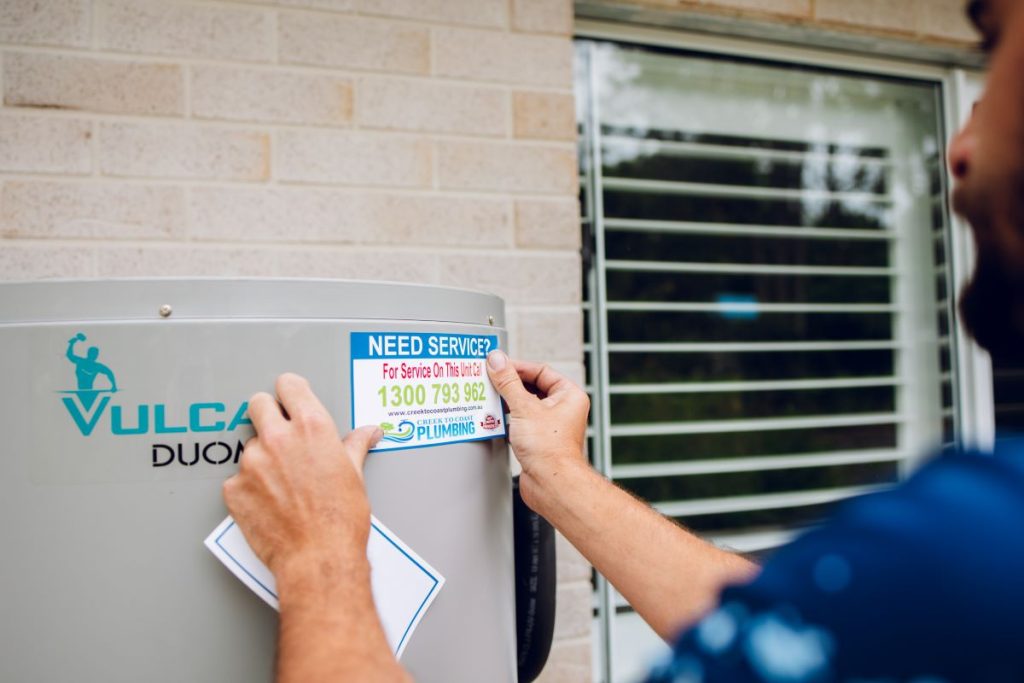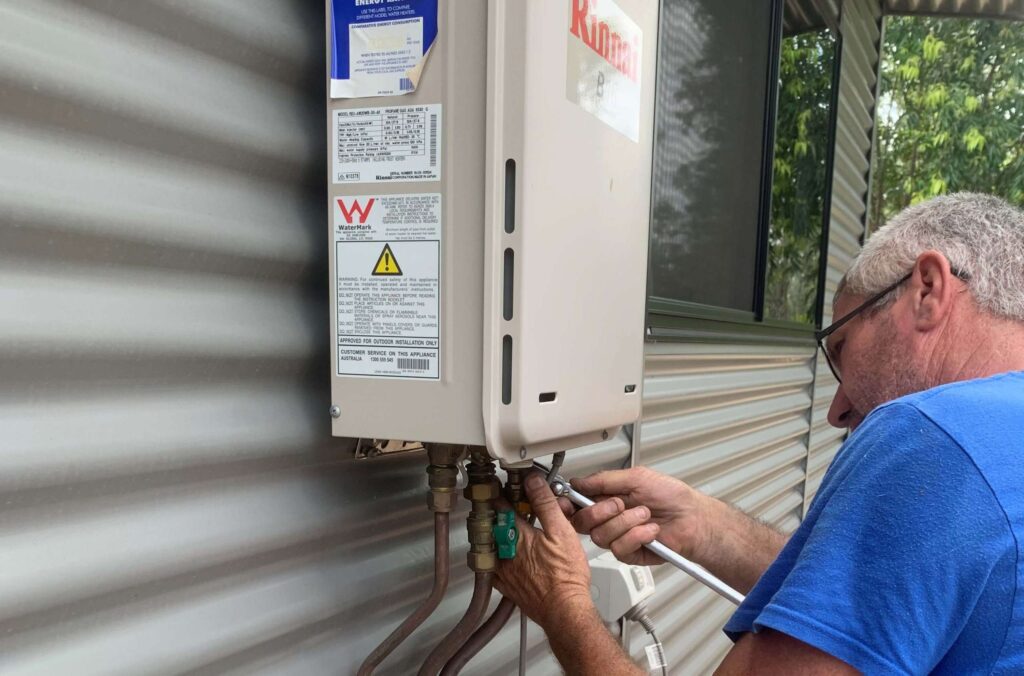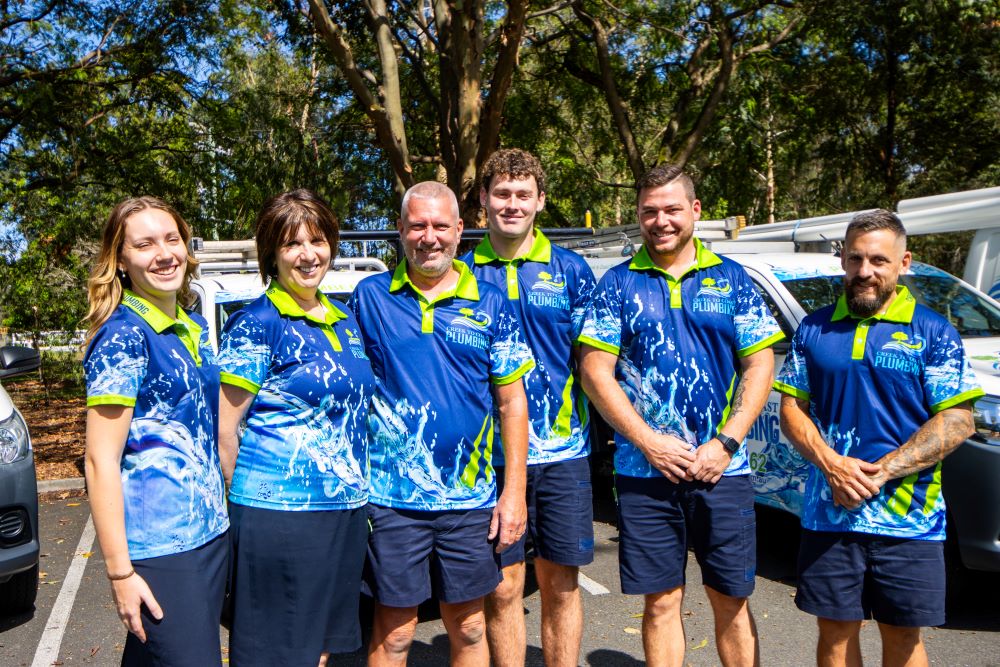If you are contemplating the installation of a solar hot water system in Queensland, you may have encountered the term booster systems. Understanding their significance is crucial for homeowners who wish to enhance their hot water efficiency and reliability. Are these boosters truly necessary for your solar hot water configuration? What consequences might you face if you decide to forgo this essential component? Addressing these pivotal questions is essential for anyone aiming to improve their hot water experience and ensure consistent availability year-round.
The answer is a definitive yes — a booster is essential. In this detailed guide, we will explore how solar hot water systems function, pinpoint the specific conditions that activate boosters, and provide crucial insights that homeowners in Queensland should be aware of to avoid unexpected cold showers while ensuring a reliable hot water supply throughout the year.

Discover the Critical Importance of Boosters in Your Solar Hot Water System
A booster acts as a secondary heat source, typically fueled by electricity or gas, that effectively heats your water supply when solar energy is not sufficient. This functionality is essential for guaranteeing that you have a constant supply of hot water in various situations, such as:
- Overcast or rainy days when solar energy generation is limited
- Early mornings or late evenings when sunlight is minimal
- Winter months characterized by shorter daylight hours, restricting solar energy gain
- High-demand scenarios, such as during multiple showers or laundry loads
Without a booster, your solar hot water system may struggle to provide consistent hot water, particularly during peak usage periods or adverse weather conditions. Consequently, understanding the role of a booster is vital for optimizing your hot water experience and ensuring comfort within your home.
Choose Wisely: Electric vs. Gas Boosters for Superior Efficiency
Electric Boosters are commonly found in homes that rely entirely on electricity for their energy needs. These systems automatically heat the water whenever the solar input drops below a predetermined threshold. The benefits of electric boosters include:
- Widely accessible and straightforward to install, making them a popular choice among homeowners
- Lower initial installation costs compared to gas systems, which can be more budget-friendly
- Operates automatically to assure hot water availability, enhancing overall user convenience
- Potentially higher ongoing running costs, which may vary based on your energy tariff structure
Conversely, Gas Boosters are typically favored in households that already have access to a gas supply. They provide on-demand heating, turning on only when hot water is needed. The advantages of gas boosters include:
- Rapid and efficient heating capabilities, delivering hot water promptly when required
- Generally lower running costs compared to electric boosters, leading to potential long-term savings
- Higher initial installation costs if a gas connection is not already in place
For households with continuous-flow demands or those transitioning from off-grid solar systems, we strongly recommend considering gas boosters due to their efficiency and superior performance benefits.
Exploring How Solar Boosters Seamlessly Integrate with Your Hot Water System
Most solar hot water systems are equipped with a thermostat or sensor that continuously monitors the water temperature. If the temperature drops below the required level—typically set at 60°C for health compliance—the booster will automatically activate to ensure you always have access to hot water, irrespective of external conditions and limitations.
Homeowners can opt for two boosting methods:
- Manual Boosting: This approach allows you to control when to activate the booster system, providing flexibility and control over your hot water supply.
- Automatic Boosting: The system engages the booster only when necessary, offering enhanced convenience for users who prefer a hands-off solution.
In Queensland, automatic boosters are more commonly utilized due to their compliance with local regulations and the convenience they provide homeowners, ensuring peace of mind while enjoying consistent access to hot water.

Key Regulations for Solar Hot Water Systems in Queensland You Must Know
Under the Queensland plumbing regulations, it is mandatory for a compliant solar hot water system to reliably deliver hot water year-round. This requirement inherently emphasizes the necessity of having a booster for both compliance and operational efficiency.
This regulation also serves as a critical safety standard. To prevent the risk of harmful bacteria growth, such as Legionella, hot water must consistently reach at least 60°C. Without a booster, maintaining this temperature can be particularly challenging, especially during cloudy or cold days when solar energy input is insufficient.
Recognizing Common Problems with Your Solar Booster System
How can you determine if your booster is malfunctioning? Watch for these common indicators:
- Water that remains lukewarm during the colder winter months, indicating inadequate heating
- Cold showers in the mornings, even after sunny days, suggesting that the system is not operating as it should
- System fault lights or error codes appearing on your unit, indicating potential issues that require prompt attention
- Hot water only available after extended exposure to sunlight, suggesting insufficient heating performance
What steps should you take?
If your system is not functioning as expected, the issue could stem from the booster rather than the solar panels themselves.  Schedule a comprehensive system inspection with our professional team to efficiently identify and resolve any issues.
Schedule a comprehensive system inspection with our professional team to efficiently identify and resolve any issues.
Optimal Service Intervals for Maintaining Your Solar Booster System
To guarantee your solar system and booster operate at peak performance, we advise scheduling maintenance every 2–3 years. However, certain circumstances may require more frequent servicing, such as:
- Your system is older than five years, which can lead to decreased efficiency
- Inconsistent water temperatures, indicating possible malfunctions or wear
- A significant amount of time has elapsed since the anode rod or valve was inspected, which could impact overall performance
Regular maintenance not only helps to avert breakdowns but also ensures that your booster activates when necessary, providing you with reliable hot water exactly when you need it the most.
Evaluating the Financial Impact of Boosters on Your Energy Bills
A properly installed and well-maintained booster system generally has a minimal impact on your energy expenses, particularly when compared to systems that rely solely on electricity for water heating.
To reduce the frequency of booster usage and associated costs, consider implementing the following strategies:
- Install a timer for manual boosters to optimize energy usage effectively
- Utilize hot water primarily during daylight hours when solar energy is plentiful and cost-effective
- Insulate your pipework to minimize heat loss, enhancing the overall efficiency of your hot water system
Expert Assistance for Your Solar Booster Requirements in Queensland
We offer comprehensive services for the supply, installation, and maintenance of solar hot water systems with boosters across Caboolture, Moreton Bay, and North Brisbane. If you are uncertain about your booster’s functionality or require assistance in identifying the best type for your system, we are here to guide you through your options and ensure a smooth experience.
 Contact a licensed solar plumber today for expert advice on your system.
Contact a licensed solar plumber today for expert advice on your system. Explore detailed cost comparisons and various system types here to make an informed decision about your hot water heating options.
Explore detailed cost comparisons and various system types here to make an informed decision about your hot water heating options.

Commonly Asked Questions About Solar Boosters Addressed
Can I turn off my booster to save energy?
Yes, you can, but this is advisable only if your system allows for manual control. However, proceed with caution—without proper monitoring, the risk of experiencing cold water increases significantly, especially during periods of high demand.
What is the ideal temperature for hot water storage?
Hot water should reach a minimum of 60°C for storage systems. This temperature is not only a legal requirement but also a crucial health standard in Queensland to ensure safety and prevent the proliferation of harmful bacteria.
Is it possible to add a booster to an existing solar system?
Absolutely! We can retrofit boosters onto compatible systems or help you upgrade to a new model that features integrated control for enhanced functionality and efficiency.
The Article: Solar Hot Water Systems: Is a Booster Necessary? first appeared on https://writebuff.com
The Article Booster for Solar Hot Water Systems: Is It Needed? Was Found On https://limitsofstrategy.com





